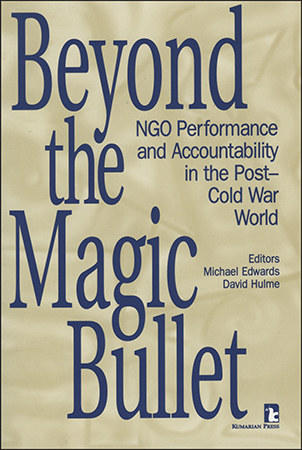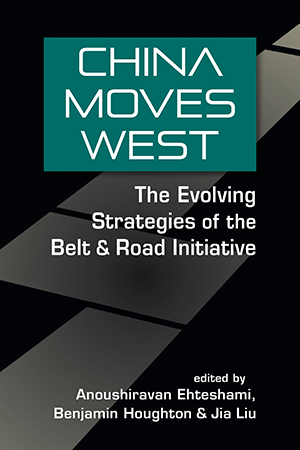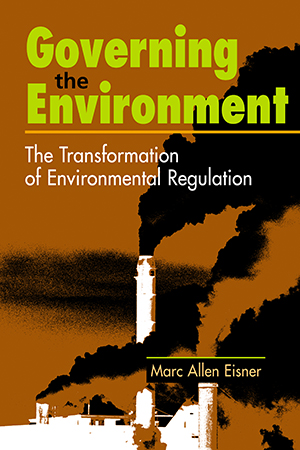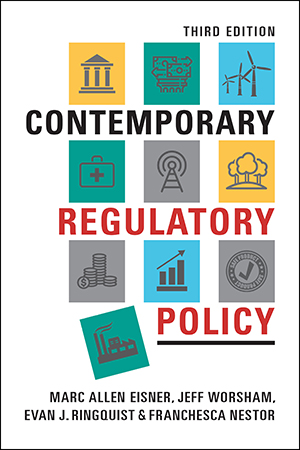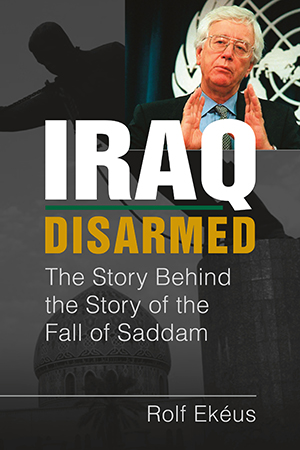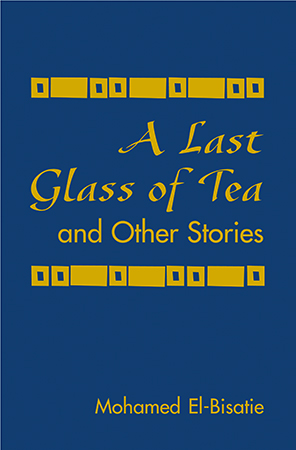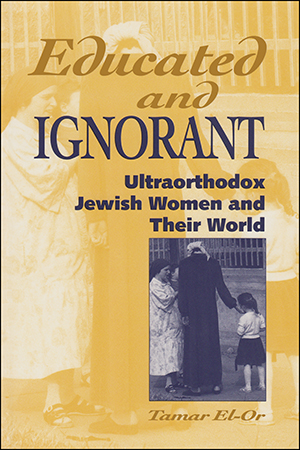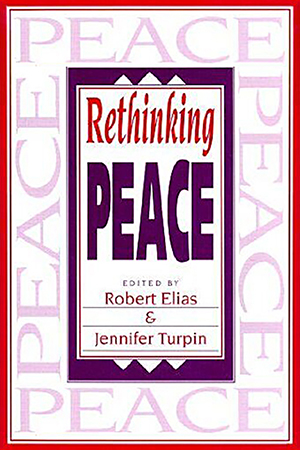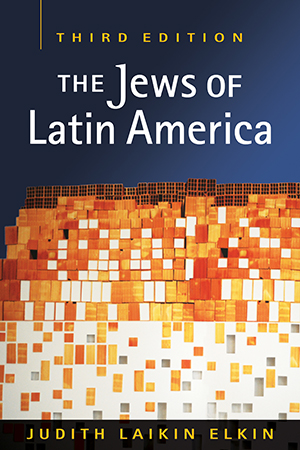BOOKS
Beyond the Magic Bullet offers a thorough assessment of the roles, performance, and accountability of NGOs and grassroots organizations in international development assistance. Drawing on More >
In September 2013, Xi Jinping announced the launch of a Chinese-led megaproject, the Belt and Road Initiative, that would transform Asia's position within the global economy. Some ten More >
This comprehensive overview of US environmental regulation—from the inception of the EPA through the Bush administration—goes beyond traditional texts to consider alternatives to More >
The third edition of Contemporary Regulatory Policy brings this classic text completely up to date—reflecting more than a decade of policy changes and including an entirely new chapter More >
"The quest to disarm Iraq took place between two wars—one justified and right, the other a dreadful mistake, a violation of international law that led to hundreds of thousands of More >
Poems of home and exile by Fouzi El-Asmar, a Palestinian poet and journalist. Most selections are presented in dual English/Arabic text. More >
A vivid portrait of the lives of the Egyptian poor, particularly in the Nile Delta region, emerges in this collection of 24 short stories. El-Bisatie offers glimpses of the daily struggles More >
This ethnography investigates the meaning of learning in the lives of ultraorthodox Jewish women. Presenting a vivid portrayal of the Gur Hasidic community in Israel, El-Or explores the More >
With the development of the atomic bomb, Albert Einstein remarked that everything had changed except our thinking about the world. Einstein and Bertrand Russell warned us that "we have More >
When it was first published in 1980, Judith Laikin Elkin's foundational book on the Jewish communities of Latin America quickly became the standard resource on the topic. This new More >



